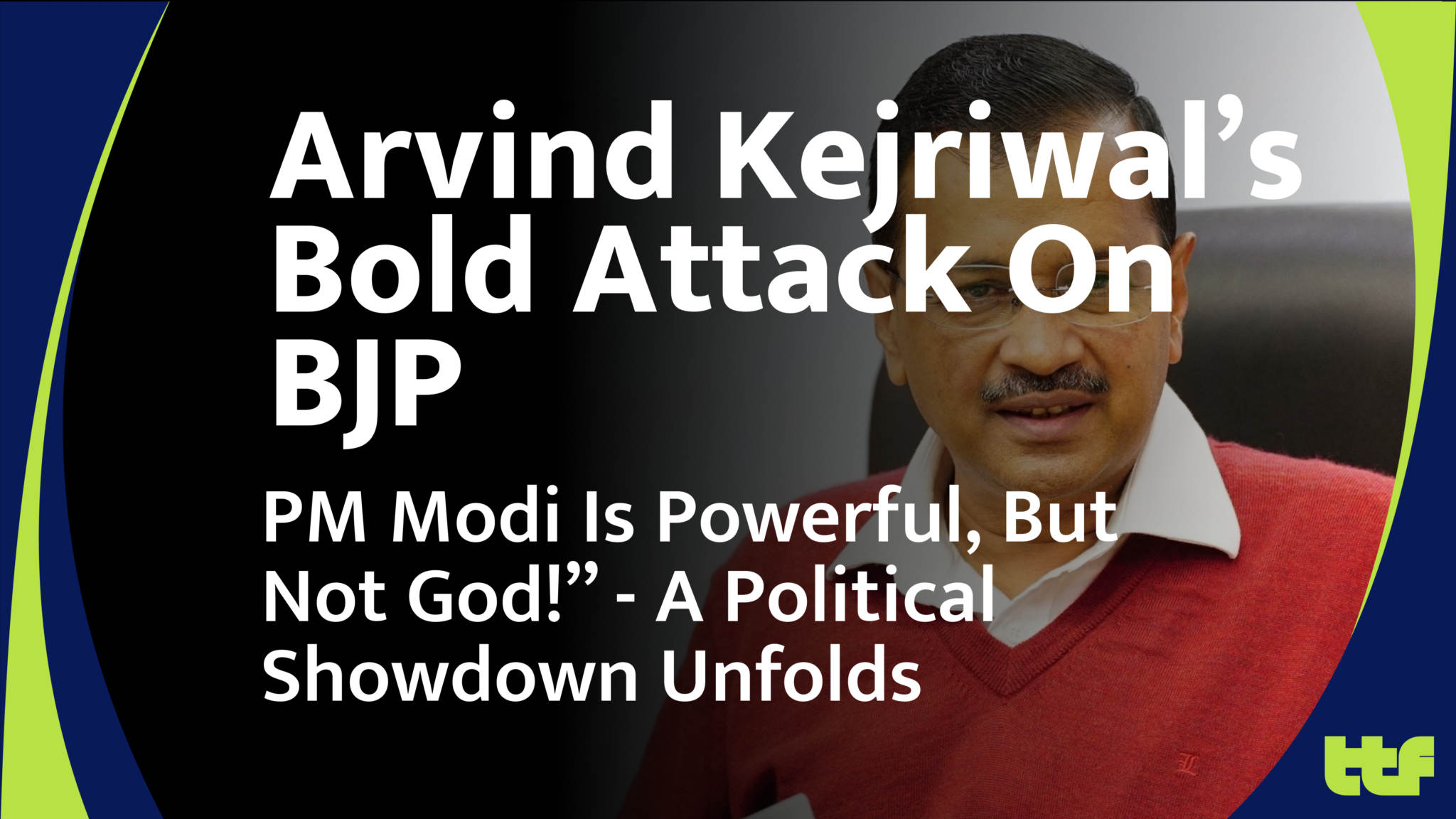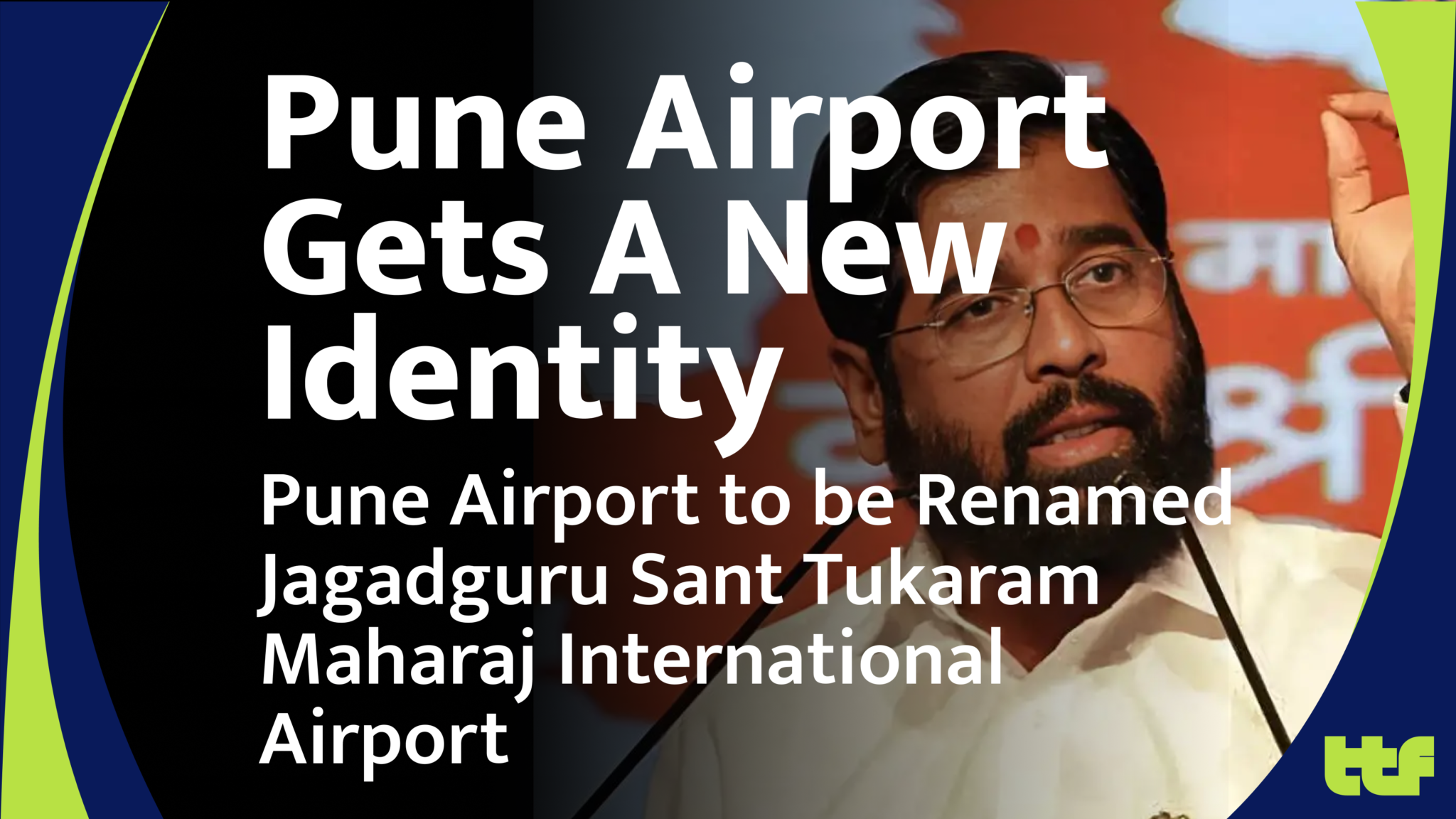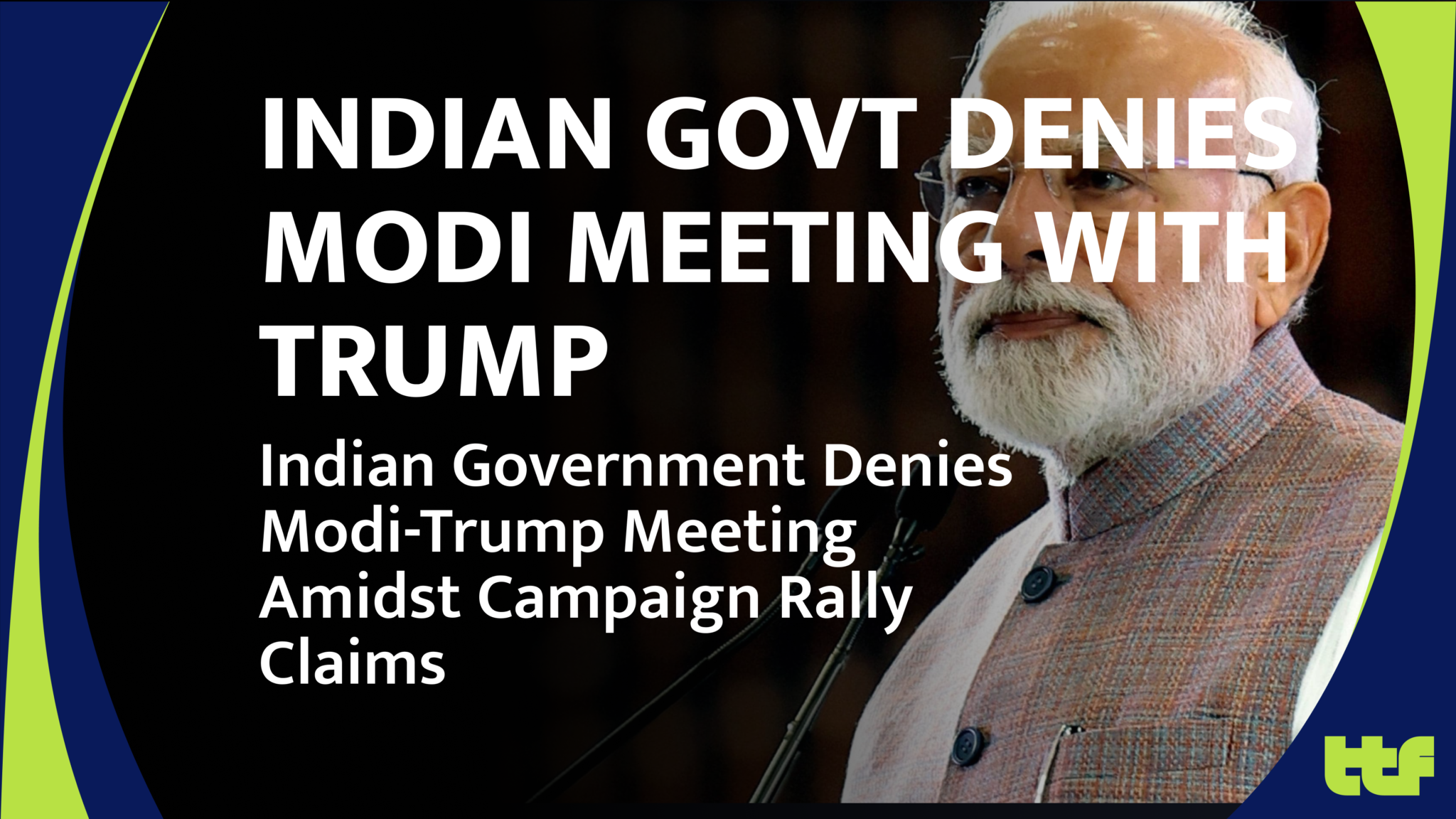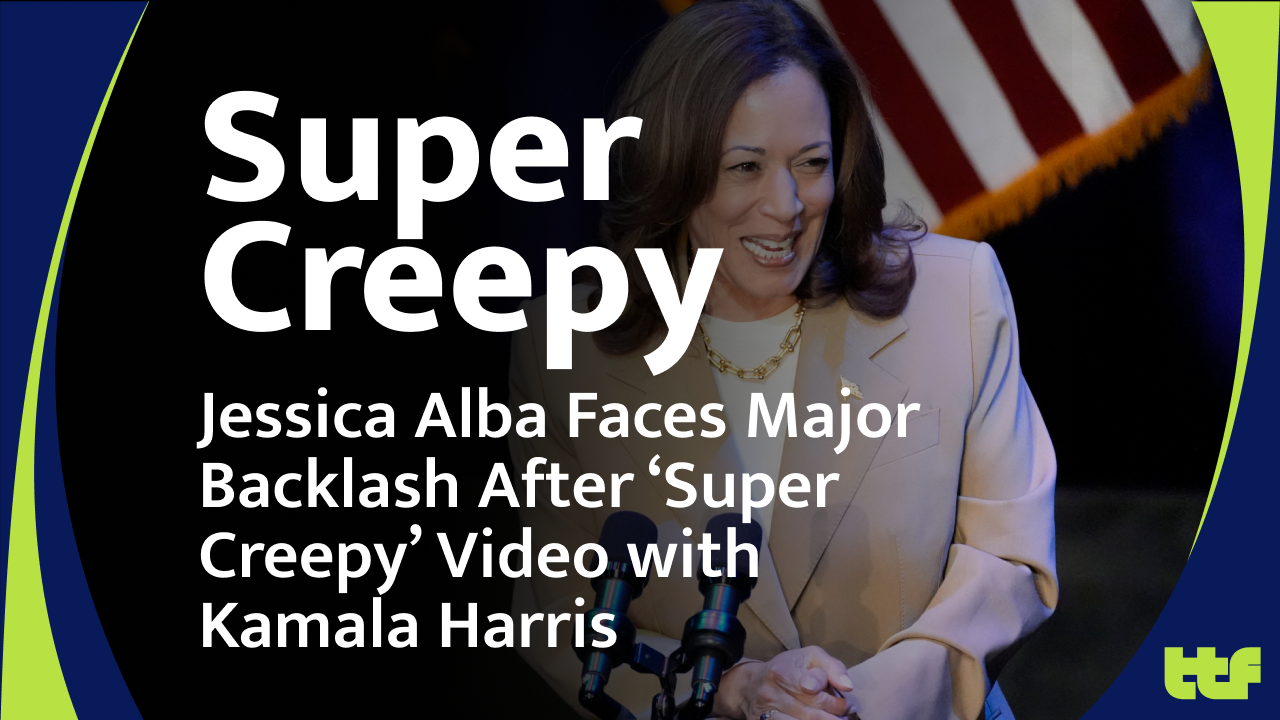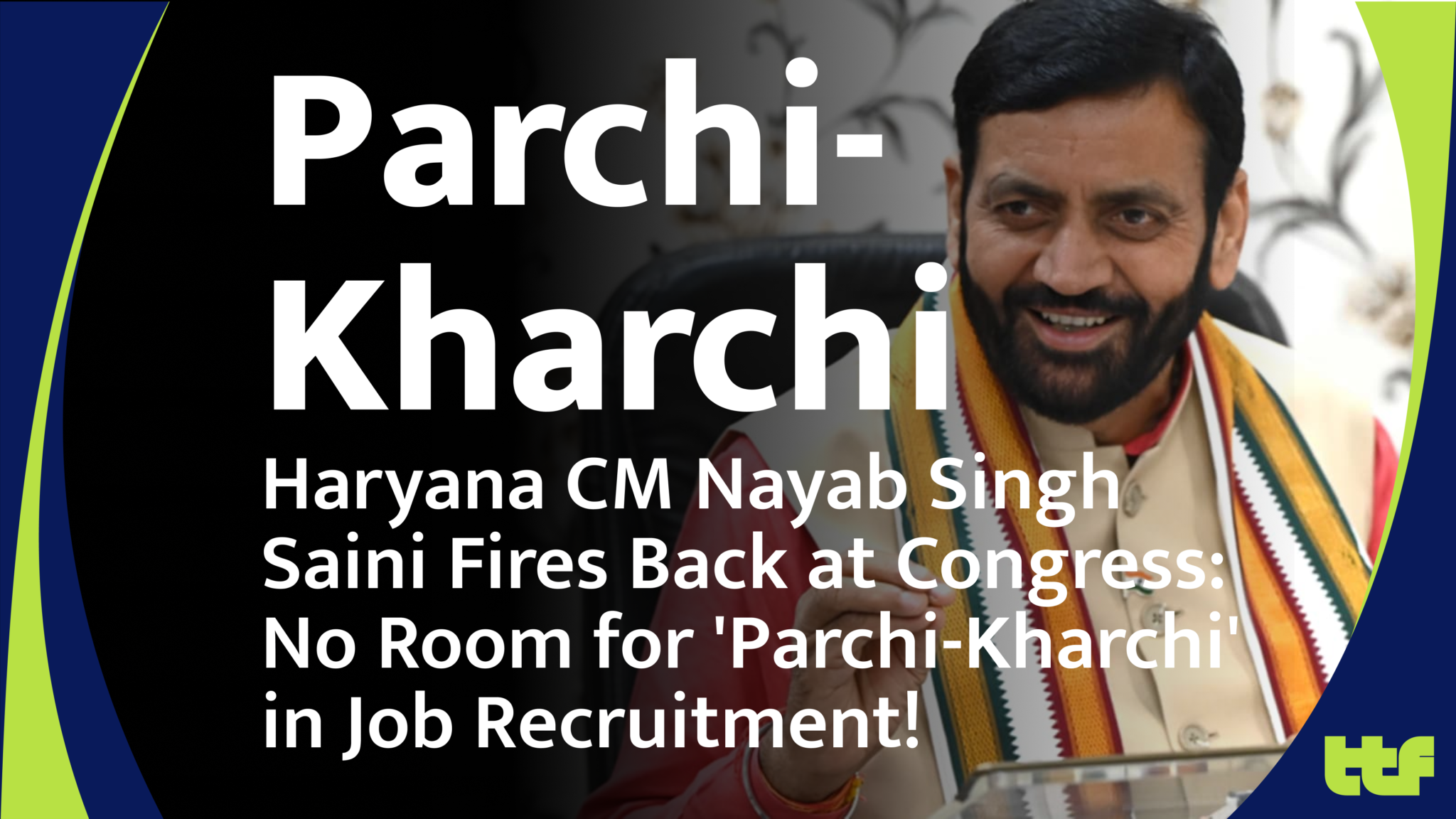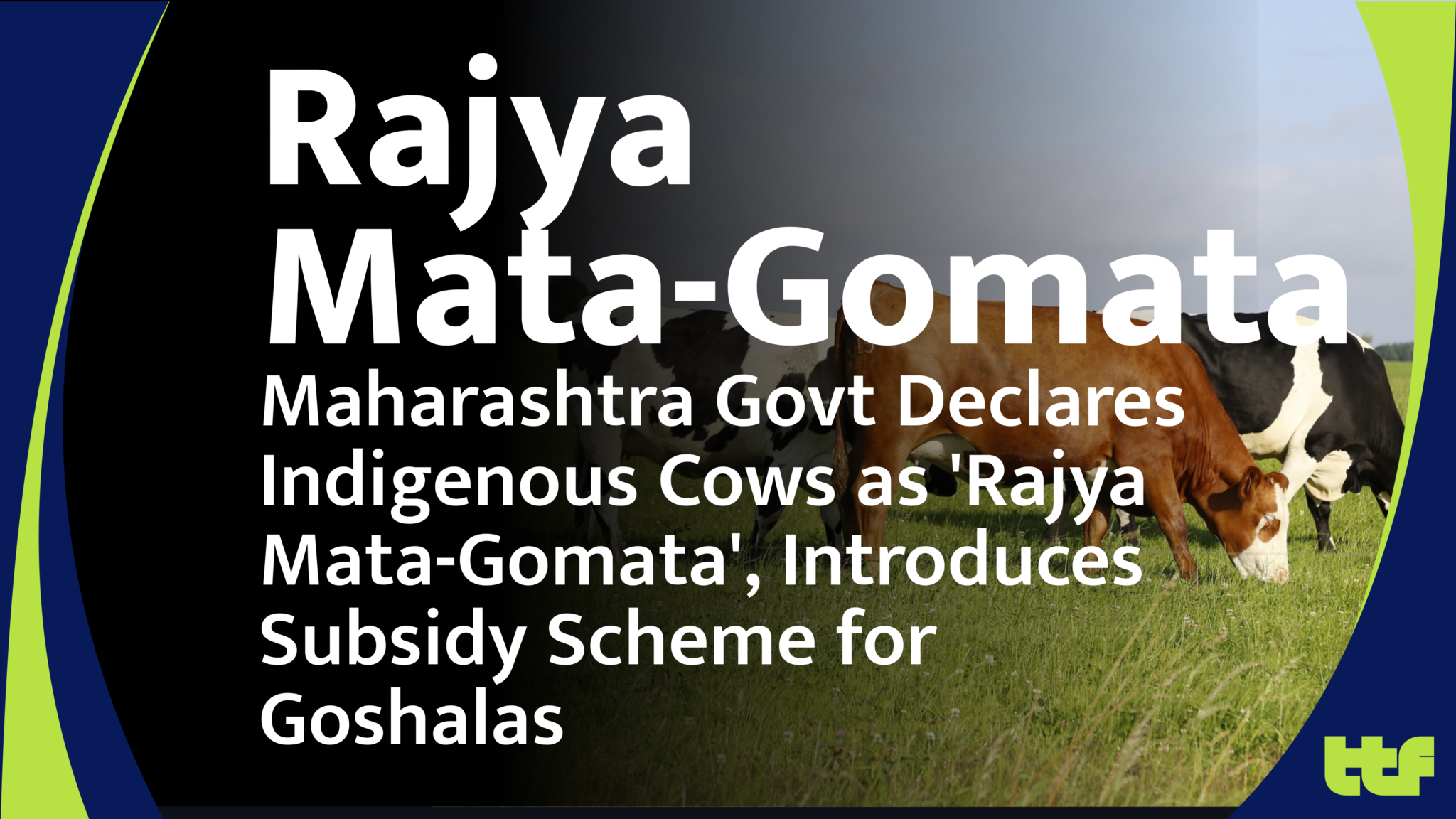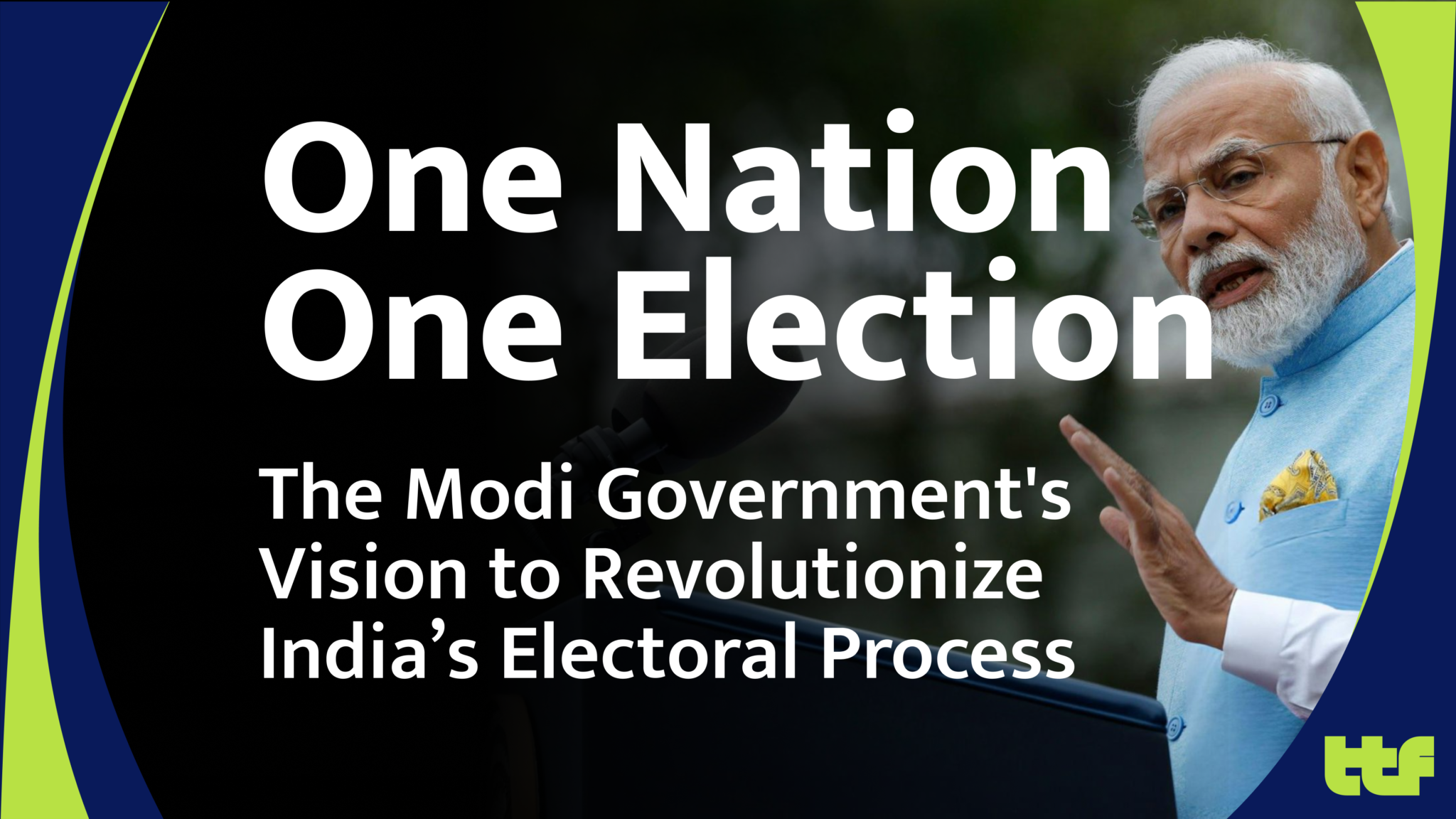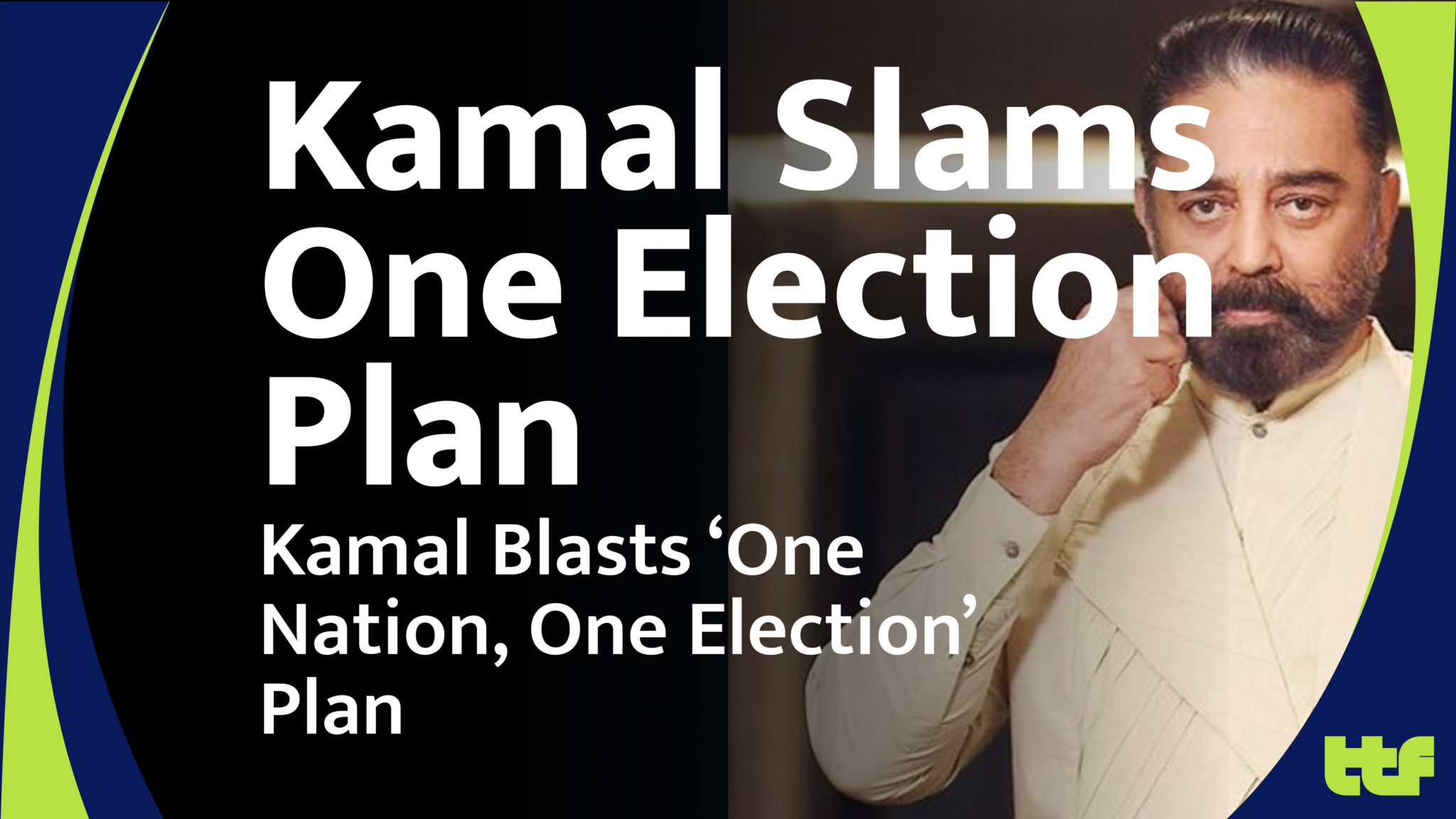In a political landscape often dominated by high-stakes drama and unexpected twists, Arvind Kejriwal, the former Chief Minister of Delhi and leader of the Aam Aadmi Party (AAP), has once again emerged as a central figure. His recent scathing attack on the Bharatiya Janata Party (BJP) and Prime Minister Narendra Modi has sent shockwaves through the Indian political sphere. Following his resignation and subsequent release on bail from the alleged Delhi Excise Policy scam, Kejriwal’s fiery remarks at the Delhi Assembly have captivated the nation.
Kejriwal, known for his combative political style and grassroots appeal, minced no words as he addressed the Assembly for the first time post his legal turmoil. His statement, “PM Modi is very powerful but not God,” resonated not just within the walls of the Assembly but across the country, becoming a rallying cry for his supporters and a contentious point of debate for his detractors.
A Dramatic Return to the Political Arena
Arvind Kejriwal’s return to the Assembly was nothing short of dramatic. It marked the end of a tumultuous period during which he was embroiled in allegations of financial misconduct linked to the now-defunct Delhi Excise Policy for 2021-22. Arrested by the Enforcement Directorate (ED) on March 21, 2024, Kejriwal found himself at the center of a political storm. The subsequent involvement of the Central Bureau of Investigation (CBI) only heightened the drama, leading to his second arrest on June 26, 2024, while still in ED custody.
The legal battle was fierce and closely followed by the media. Supporters and critics alike were glued to the developments, speculating about the political future of a man who had once been hailed as a beacon of anti-corruption and transparency. On September 13, 2024, the Supreme Court granted Kejriwal bail, a decision that paved the way for his return to the political forefront.
The Alleged Delhi Excise Policy Scam: A Brief Overview
To fully understand the gravity of the situation, it’s essential to delve into the alleged Delhi Excise Policy scam. The controversy revolves around accusations of irregularities in the formulation and implementation of Delhi’s excise policy for 2021-22. The policy, which aimed to restructure the liquor sales landscape in the capital, was accused of favoritism and corruption, with claims that it granted undue benefits to certain private players.
The policy was eventually scrapped, but the damage was done. The CBI and ED launched separate investigations, scrutinizing financial records, transactions, and policy decisions. Kejriwal, who had championed the policy as a progressive reform, found himself at the center of the probe, accused of being complicit in the alleged financial irregularities.
Kejriwal’s Fiery Speech: A Rallying Cry or Political Rhetoric?
Addressing the Assembly after his release, Kejriwal’s speech was a mix of defiance, frustration, and strategic positioning. He began by acknowledging the presence of his colleagues in the Opposition, stating, “My colleagues in the opposition must be sad to see Manish Sisodia and me here [at the Assembly].” This statement, laced with sarcasm, set the tone for what was to come.
He then turned his attention to the BJP and Prime Minister Modi, declaring, “PM Modi is very powerful and has a lot of resources, but Modi is not God. The God who is there is with us. I want to thank the Supreme Court.” The reference to God was a calculated move, meant to evoke a sense of moral righteousness and divine justice. It was also a direct challenge to the portrayal of Modi as an invincible political figure.
Kejriwal didn’t stop there. He criticized the BJP’s attempts to derail AAP’s governance in Delhi, highlighting the development work carried out by his government. “You have the Central government; you could have made 5000 Mohalla clinics. Manish Sisodia made 700 schools; you could’ve made 7000 schools instead. You are trying to stop our work. People will only vote on doing work, not stopping it,” he asserted.
This segment of his speech was particularly powerful as it drew a direct comparison between AAP’s achievements and what he perceived as the BJP’s failure to focus on development. It was a classic Kejriwal move, using tangible accomplishments to bolster his argument and appeal to the electorate’s sense of pragmatism.
The Political Implications: A Turning Point or a Temporary Setback?
Kejriwal’s speech, while resonant with his supporters, has also raised questions about the long-term political implications. Was this a turning point for AAP, or merely a temporary setback in their ongoing struggle against the BJP? Analysts are divided.
On one hand, Kejriwal’s return to the Assembly and his fiery rhetoric have reinvigorated his base. His portrayal as a victim of political vendetta and his emphasis on development work could strengthen AAP’s narrative of being a party that prioritizes governance over politics.
On the other hand, the allegations of financial misconduct and the perception of corruption could tarnish AAP’s image as a party of integrity. The challenge for Kejriwal and his team will be to navigate these choppy waters, leveraging their governance record while countering the allegations that have been levied against them.
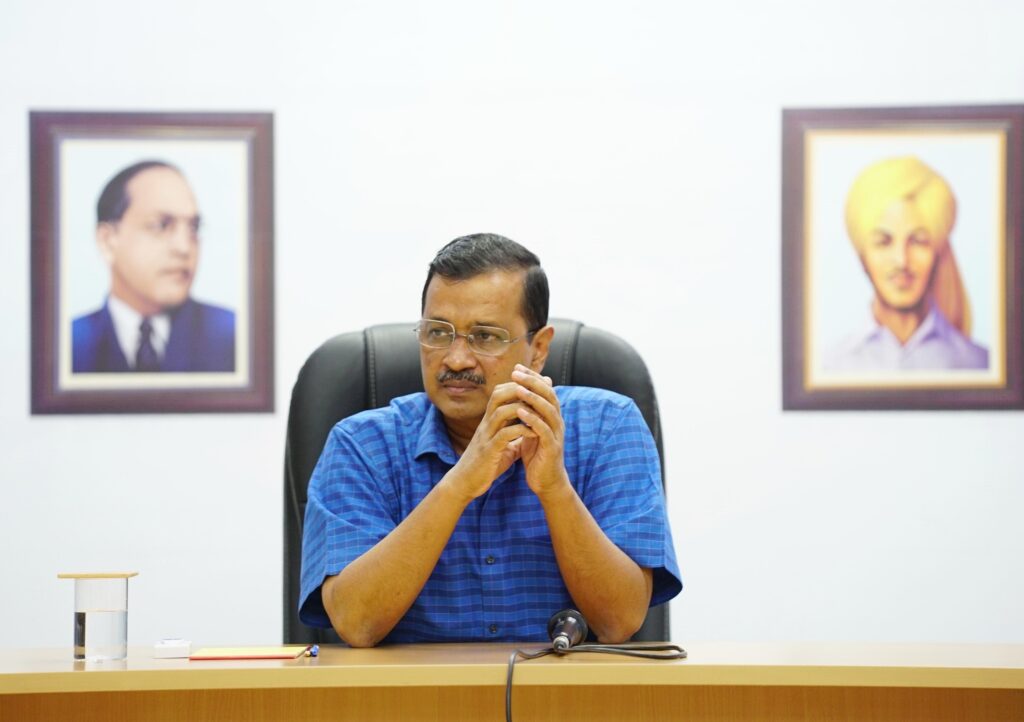
A Glimpse into Kejriwal’s Personal and Political Journey
Arvind Kejriwal’s journey from a bureaucrat to a political leader has been nothing short of extraordinary. Born on August 16, 1968, in Haryana, Kejriwal graduated from IIT Kharagpur with a degree in Mechanical Engineering. He began his career as an Indian Revenue Service (IRS) officer but soon found his calling in social activism.
His role in the Right to Information movement and his association with Anna Hazare’s anti-corruption campaign catapulted him into the national spotlight. In 2012, he launched the Aam Aadmi Party, positioning it as an alternative to the established political parties. His subsequent rise to the position of Chief Minister of Delhi marked a new chapter in Indian politics, characterized by his unique blend of activism and governance.
| Attribute | Details |
|---|---|
| Full Name | Arvind Kejriwal |
| Date of Birth | August 16, 1968 |
| Family Details | Married to Sunita Kejriwal, two children |
| Education | IIT Kharagpur (B.Tech, Mechanical Engineering) |
| Awards | Raman Magsaysay Award (2006), CNN-IBN Indian of the Year (2006) |
| Brand Value | Estimated at ₹50 crores in 2024 |
| Endorsements | None (as of 2024) |
| Political Party | Aam Aadmi Party |
| Former Position | Chief Minister of Delhi (Resigned 2024) |
Current Brand Value and Endorsements
Despite the controversies surrounding him, Kejriwal’s brand value remains significant. Estimated at ₹50 crores in 2024, his influence extends beyond politics into social and cultural spheres. However, he currently has no active brand endorsements, possibly due to the ongoing legal battles and public scrutiny.
The Road Ahead: Challenges and Opportunities
Kejriwal’s future in Indian politics is uncertain but far from over. His ability to bounce back from adversity, his focus on governance, and his sharp political acumen have positioned him as a formidable opponent to the BJP. The coming months will be crucial as he seeks to rebuild his image, consolidate his support base, and prepare for the next electoral challenge.
The political drama surrounding Arvind Kejriwal is a testament to the complexities of Indian politics, where alliances shift, and narratives evolve. His statement, “PM Modi is very powerful but not God,” encapsulates the defiance and resilience that have come to define his political journey.
“Curious to know more? Head over to The Truthful Facts for all the latest news and trending updates. We’ve got everything you need to stay informed and engaged.
Why did Arvind Kejriwal resign as Chief Minister of Delhi?
Kejriwal resigned following his arrest in the Delhi Excise Policy scam, where he was accused of irregularities in the 2021-22 policy.
What is the Delhi Excise Policy scam?
It refers to alleged financial misconduct in the formulation and implementation of Delhi’s excise policy for 2021-22, leading to a CBI and ED probe.
What are the recent statements by Arvind Kejriwal against BJP?
Kejriwal criticized BJP for trying to derail AAP’s work in Delhi, stating that PM Modi is powerful but not God.
What is Arvind Kejriwal’s political future?
While his future remains uncertain, Kejriwal has vowed to continue fighting for the people of Delhi and against political vendetta.
